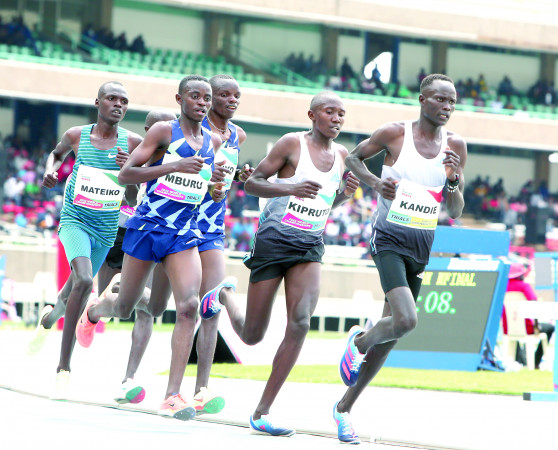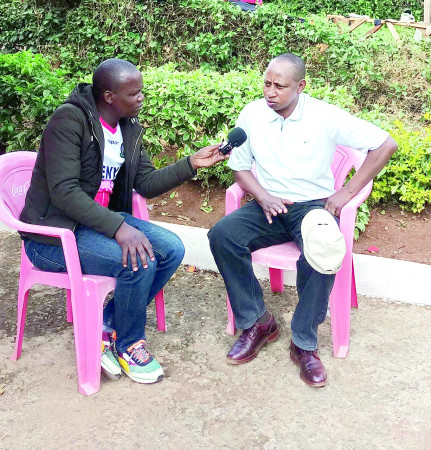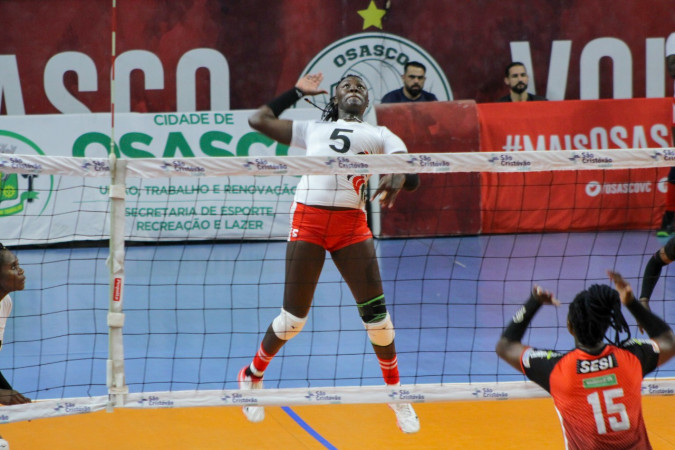Will Kenya end long drought by winning the elusive 10,000m race at the global showpiece?

It is now 54 years since Kenya last won gold in the men’s 10,000m race at the Summer Olympic Games.
The count does not stop there and a layman would be surprised to learn that it has been 21 years of waiting for Kenya to clinch a gold medal in the same event at the World Athletics Championships.
Kenya has tried without success to get the coveted medal at the Commonwealth Games for two decades now. It has been a struggle for the runners to bring home victory at top global track events.
This is a jigsaw puzzle for Athletics Kenya (AK), active and former athletes and even athletics enthusiasts across the globe.
In a nutshell, a gold medal has been elusive for Kenya and this is the spell the country will be hoping to cast away at the World Athletics Championships in Eugene, Oregon which starts today. At this year’s global showpiece, Kenya will be represented in the race by Stanley Waithaka, Daniel Mateiko and Rodgers Kwemoi.
Inept tactics
Could the failure of Team Kenya to win a gold medal in top-notch world events be attributed to lack of talent, poor selection of the athletes, poor transition from youth to senior levels, inept tactics at the competitions level, inadequate training or emergence of lucrative road races?
In retrospect, the chronology of some of the events Kenya has featured during the post-independence era tells a story.
In 1968, Naftali Temu, then a bubbling runner aged 23, delivered Kenya’s pride in a spectacular fashion at the Mexico Summer Olympic Games over the distance in the men’s race. He had a kick of youthful exuberance in the last 80m of the race, going past Ethiopia’s Nemu Walde and finally powering to a golden finish in a time of 29.27.4. That moment of fame was simply magical.
Temu, who served in the army, became Kenya’s first gold medalist at the Olympic Games and entered in the annals of athletics history with a rare accomplishment.
Since Mexico 1968 to date, Kenya has sent out a total of 25 different athletes for ten outings. The country has been able to achieve four silver medals and three bronze in those races since Temu’s breakthrough.
Breaking the jinx
Legendary Kenyan athlete Paul Tergat came close to breaking the jinx in the 1996 Atlanta Games and Sydney in 2000.
Tergat managed to win silver medal in both editions thus replicating Richard Chelimo’s performance in 1992 Games in Barcelona, Spain.

However, for one of Kenya’s long-distance runners of all times Charles Kamathi, all is not lost in the country’s quest to turn round her fortunes in the distance, noting that all that AK needs to do is to tap the inherent talent in moving forward.
He observes that AK needs to identify athletes with immense potential in the long distance and put them together in camps for intensive training ahead of crucial meetings. “We have good boys, especially from junior levels and we only need to nurture them in the correct manner. AK should focus on monitoring them in training even when they go for races abroad,” he told People Sport.
Kamathi added: “ The federation should also come up with a list of athletes who have shown signs of doing well and put them in training camps to gain exposure.”
Athletics Kenya head of Youth Development officer Barnabas Korir says they have put in place measures for junior athletes to follow up to ensure a smooth transition to senior levels.
Korir adds that as a federation they offer education to athletes in that speciality on which races to accept and which ones to decline.
“You cannot really blame athletes for focusing on the road races, they also need money just like anybody else and when they get an opportunity, they grasp it with both hands. What they need is advice on which races can be of help to them,” said Korir.












